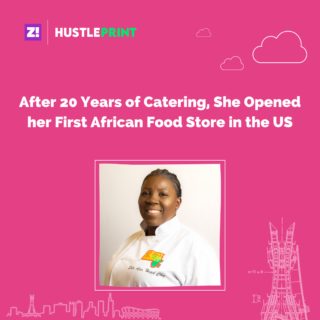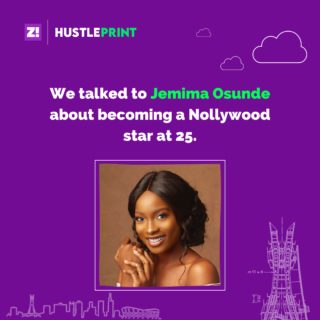Nigeria is one of the leading oil producers in Africa, but you’re probably reading this on a fuel station queue that leads to Jericho.
Pele dear. While we can’t help you hold the fuel attendant’s shirt when they tell you there’s no more fuel, we can tell you how this fuel scarcity mess started again. Here’s the gist, but first, a little backstory.
Who runs things and why does the price of fuel change?
As regulator, and resident big boys of Nigeria’s petroleum sector, the Nigerian National Petroleum Corporation (NNPC) manages the country’s refineries and is the only importer of petrol in Nigeria.
Before becoming the sole importers of petrol, there were other marketers importing the product. Nigeria used to run on a subsidy scheme that allowed other marketers in the country to buy fuel directly from the international oil market at the landing price (initial cost) and resell at a cheaper price to you. The NNPC made this possible by covering the cost.
Let me explain
If the international market was selling petrol at ₦174 per litre and Nigerians bought at ₦142 per litre, the difference is paid off by NNPC. That’s what oil people call fuel subsidy. There are claims that this wasn’t a real thing, but it was always a part of the national budget.
After a few years, the government had to shake things up because people were hiding subsidy money inside their agbadas. Marketers also struggled to maintain access to the international oil market as the dollar went up. These issues influenced the periodic cycles of fuel scarcity we’ve experienced over the years. So in 2017, the government made the NNPC Nigeria’s only importer.
When the NNPC took over, Direct Sale and Direct Purchase (DSDP) was initiated. It’s like trade and barter: NNPC gives refiners an amount of crude oil and they return petrol of the same value to NNPC and selected distributors to sell at subsidised prices.
Do you feel like an oil guru yet?
Now to the juicy part.
On Monday, Nigerians woke up to knocked engines and soon the internet was host to a number of videos of angry Nigerians demanding an explanation for these issues that followed buying fuel in their cars. As tension continued to rise, the Nigerian Midstream and Downstream Petroleum Regulatory Authority (NMDPRA) confirmed suspicions.
The fuel in circulation had been contaminated with an alarming percentage of methanol, above Nigeria’s approved specification. With this announcement, filling stations who believed they had received thos contaminated fuel started to sell less or not at all while the issue is resolved.
So, who’s taking the fall for this oversight?
After being tagged in multiple videos online, MRS made the first move on Monday, to let us know that this saga had absolutely nothing to do with them.
MRS put out a statement that basically said, “The NNPC is the sole importer of fuel so please don’t drag us for rubbish.” They claimed that they were not aware of the contamination when they received the petrol supply shipped from Belgium by the NNPC’s trading arm, Duke Oil.
Next on the podium of accusers was the Managing Director of NNPC, Mele Kyari. In his statement, Kyari claimed that MRS are dirty liars and are the ones to blame. He also threw in Oando, Duke Oil and a consortium consisting of Emadeb/Hyde/AY Maikifi/Brittania-U into the mix of people to hold accountable.
Who’s to blame now?
We thought the mind games were over until a journalist, David Hundeyin, came out with incriminating details that questioned the credibility of NNPC in a tweet.
The tweet mentioned Duke Oil again, but this time, in association with a shady law firm called Alemán, Cordero, Galindo & Lee, in Panama. From Belgium to Panama.
While we know nothing significant about this entity that has worked with NNPC since 2015, David Hundeyin drops the main bombshell that leaves me questioning why I’m still here typing. Apparently, the law firm is associated with crimes in Panama.
.
From what we’ve gathered, they have been implicated in criminal acts associated with money laundering. Allegedly, they have helped at least 160 politicians and public figures with the creation of offshore shell companies meant to hide money in a tax haven. According to the International Consortium of Investigative Journalists (ICIJ), their clients have included world leaders like Czech Prime Minister Andrej Babis, Montenegro President Milo Djukanovic and Jordanian Kind Abdulla II. Sadly, this is just the tip of the iceberg.
The end
So why is Nigeria’s regulatory body for our most lucrative resource associated with a company linked to this firm?
There are no answers from NNPC yet.
What do we know for certain? Crazy things are happening and you need to know them too.




